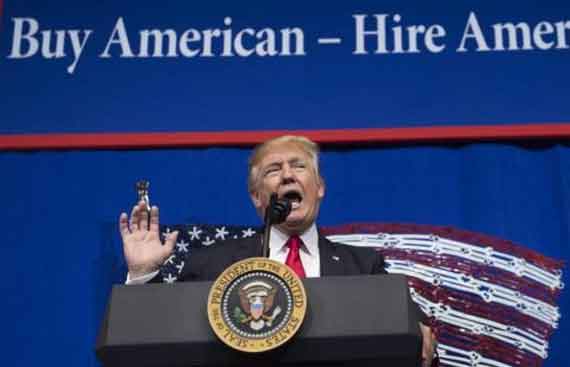H-1B Visa Woes To Be Worse In 2020

In April the U.S. Citizenship and Immigration Services (USCIS), the agency issuing H-1B visas, will move to the new system under which employers are required to register in advance names of employees who need the work permit.
FREMONT, CA: U.S. Immigration attorneys expect uncertainty to increase in 2020 in the grant of H-1B visas, the majority of which are obtained by workers from India, due to lack of clarity in the new registration process for work visas that is kicking off in April.
The I.T. industry of India could suffer from delays in grant of work visas by the U.S. in 2020 due to lack of clarity in the new registration process. According to immigration attorneys, who also expect the uncertainty to increase as Donald Trump seeks a second term in November.
The H-1B ‘season’ has traditionally run from early March to the second week of April. From this year, it will run from early March, when the registration begins, to at least until the end of July 2020.
The U.S. Citizenship and Immigration Services (USCIS), the agency issuing H-1B visas, will move to the new system in April under which employers are required to register in advance names of employees who need the work permit. It will then select which of the registered candidates can apply for the visa.
The report noted that Indian nationals are the biggest beneficiaries of the H-1B visas issued by the U.S. to get highly qualified professionals to work in the country.
The top six Indian I.T. firms had received 16 percent of the total visas issued in 2018. The situation changed next year as there were only two Indian companies among the top ten visa recipients, which got 1,966 visas.
An NFAP report said last year that given the time and expense involved with filing H-1B petitions, employers generally only file cases for individuals they believe qualify for H-1B status, which is why high denial rates should not be expected.
A crucial goal of the Trump administration is achieved through memos and policy changes and has been to make it more difficult for well-educated foreign nationals to work in America in science and engineering fields. It is expected additional measures will be forthcoming to increase the level of difficulty for employers and high-skilled foreign nationals, the October 2019 report said.

.jpg)
.jpg)
